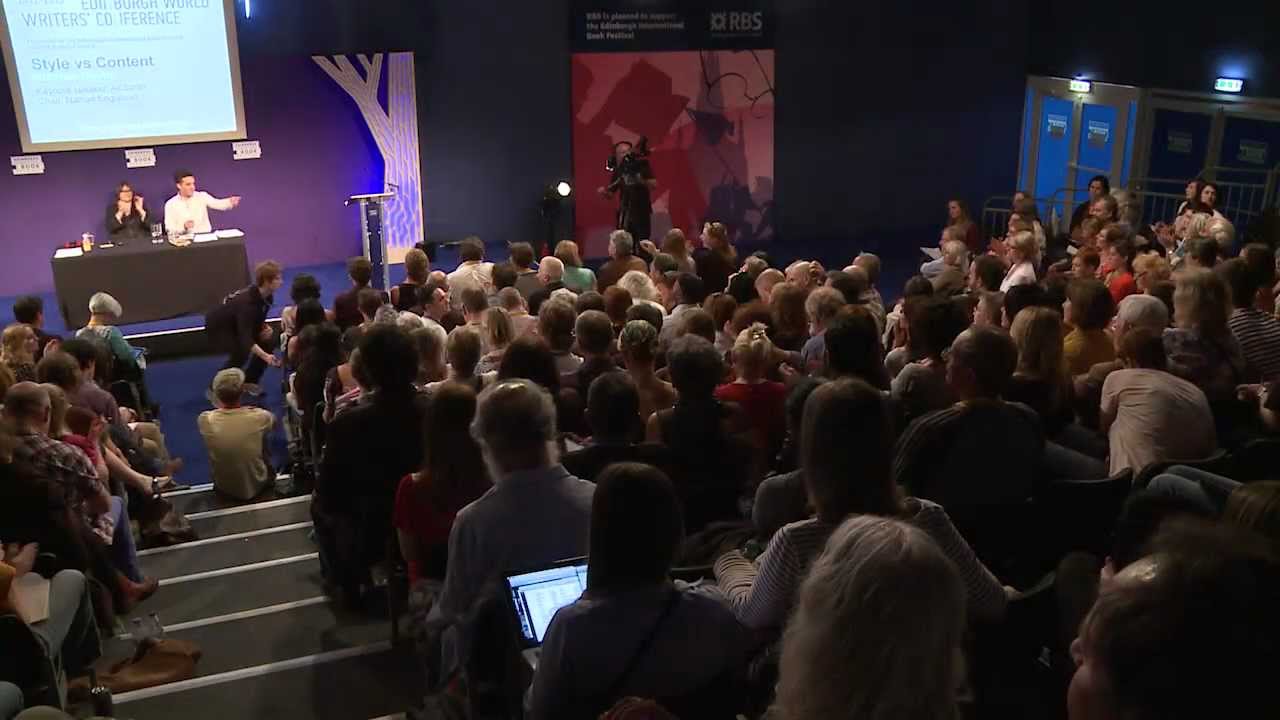i’m curious how ppl interpreted the many interjections throughout richard’s opening chapter undercutting its own narrative. stuff like: “Scrap all the stuff above about him being a director you’ve heard of or not. He’s just a man at a station.” (page 12) and “Look at him, storying his own absence. Storying his own dust. Stop it. He’s a man leaning on a pillar in a station. That’s all” (page 14). at first, to me it sounds like ali smith is editing her work in real time, working with how the story should get told, what detail is important to tell a story, should richard’s story be a story, etc.
after finishing the first section and returning to these moments early on, i can also see an interpretation where these are the thoughts of a manic richard, disassociating after losing his closest friend and the person in his life who literally wrote his stories. now that paddy is gone, what is the point of story (to richard).
any other interpretations?


